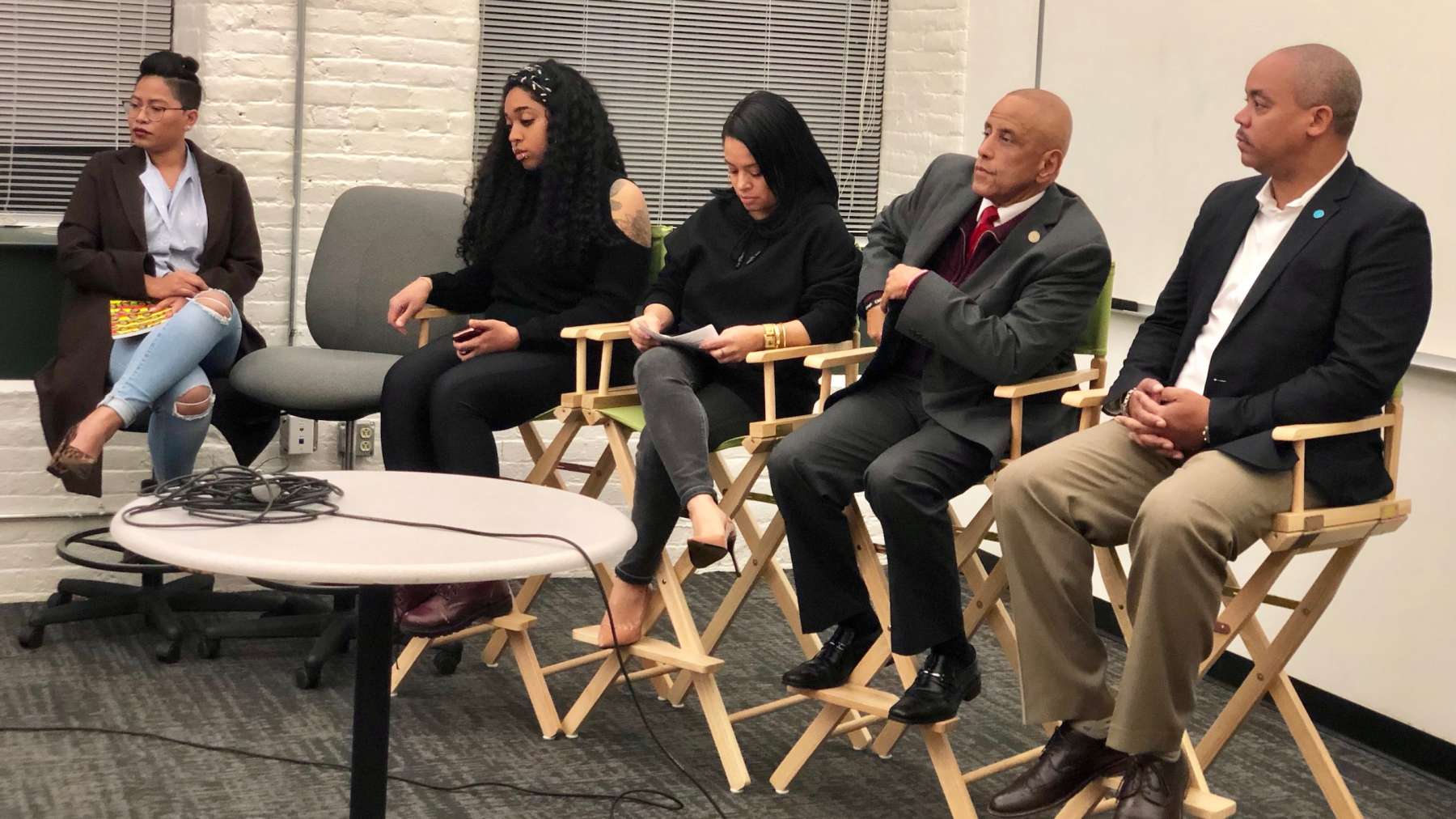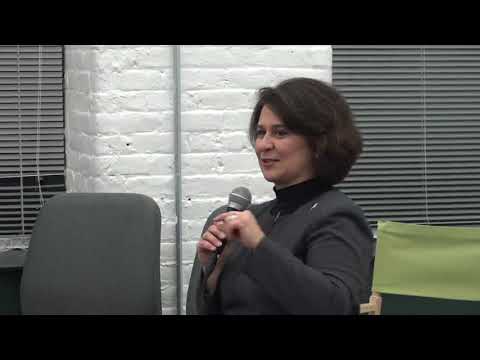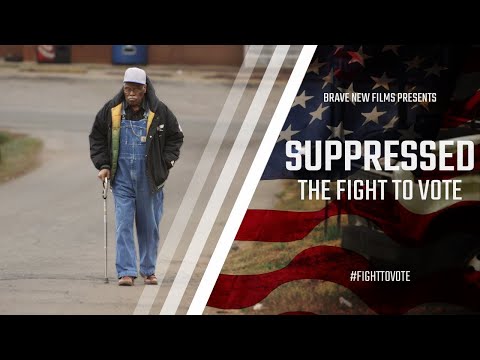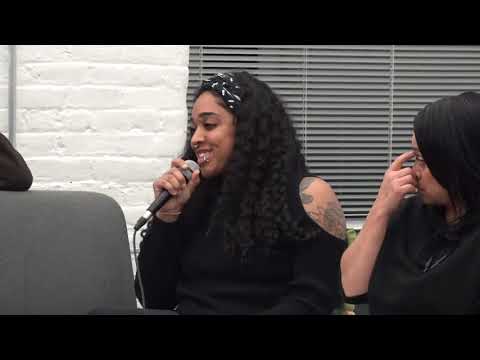Lively panel tackles voter suppression in Rhode Island
“We are depending on actual governmental institutions, laws and policies, that were meant and developed to disenfranchise communities of color, particularly Blacks,” said Chanda Womack of ARISE. “We are depending on folks, folks and policies and laws, to protect us when they were not meant to protect us. So what do we do?“ “It is absolutely a false narrative that
December 31, 2019, 4:00 pm
By Steve Ahlquist
“We are depending on actual governmental institutions, laws and policies, that were meant and developed to disenfranchise communities of color, particularly Blacks,” said Chanda Womack of ARISE. “We are depending on folks, folks and policies and laws, to protect us when they were not meant to protect us. So what do we do?“
“It is absolutely a false narrative that you have to somehow repress, suppress the vote or make it harder for people to go in order to have integrity in the system,” said Rhode Island Secretary of State Nellie Gorbea, speaking to a room of about 50 people at Sprout CoWorking in Providence. “Rhode Island shows that we can have greater integrity in the election system while increasing access to the ballot box.”
You can see the entirety of Gorbea’s remarks, and the introductory comments of the organizers, here:
The event, organized by Juan Wilson Jr of YESpvd! was about voter suppression, and was centered around the film Suppressed: The Fight To Vote, which detailed the various voting suppression tactics used by Georgia Secretary of State Brian Kemp during his run for governor against former United States Representative Stacey Abrams. The short film breaks down Kemp’s successful voter suppression technique tactic by tactic, and shows how his office deliberately targeted black voters in an effort to stop Abrams from being the first black, woman Governor of Georgia. Kemp, as Secretary of State, was in charge of the election he was running in, making him both referee and player. He won by 54,723 votes.
You can watch the film here:
After the film, there was a panel, moderated by community activist and former Providence Journal reporter Alisha Pina. Featured on the panel were Kyle Bennett of United Way of Rhode Island, Anjel Newman of AS220 (representing herself, not her organization), Karla E Vigil of The Equity Institute, Jim Vincent from the NAACP Providence Chapter and Chanda Womack from ARISE.
Also in attendance since, Gorbea had to leave, was Deputy Secretary of State Melissa Husband, Rob Rock, director of the Secretary’s Election Division and Jason Martiesian Director of the Secretary’s Legislative Affairs and Policy Division.
Many of the tactics used by Kemp to suppress votes during the recent election in Georgia are not being used in Rhode Island, but some are. For instance, Rhode Island still stands as the only state with a Democratic legislative majority to pass Voter ID, which requires presenting certain forms of identification in order to vote. Such laws tend to make it more difficult, if not impossible, homeless people, poor people, younger people and older people to vote. In Georgia, this is taken a step further by requiring that the name on the ID is an exact match to the name in the voter rolls. For instance, the film interviews a man whose last name is Del Rio. His ID showed his name as DelRio, with no space. He was able to vote after arguing, but many thousands were prevented.
Other tactics used by Kemp included purging vast numbers of people from the voter rolls, mostly in districts with large numbers of Blacks and people of color, closing polling places in poor Black communities, requiring people to drive up to 30 minutes to the nearest polling place, sitting on voter registrations rather than entering them into the system so that people would be unable to be registered in time, mailing absentee ballots to the wrong address or not processing the properly, and making sure that polling places in some districts had fewer voting machines, causing lines to vote that were up to six hours long.
Jim Vincent spoke about the the passage of the Voter ID law.
“It happened in 2011,” said Vincent. “At that time the only states that actually passed photo ID laws were Republican controlled States and it was a response to what was then deemed unthinkable, the election of a Black man to the White House in 2009. So you had maybe a dozen or so States that passed these laws almost automatically. I remember the NAACP and ACLU and Common Cause being in the fight to not have that law here, but it passed without any evidence of any kind of voter fraud, it passed without any kind of rhyme or reason whatsoever… It was amazing how you’d have a Democratically led state, in 2011, with the Speaker of the House being a Democrat and … you had one of the most voter suppressive tactics, photo ID, enacted in the Ocean State.”
Kyle Bennett spoke of a kind of voter suppression not seen in the film.
“When I lived in Elmwood, I worked the poll in Elmwood. When I lived in Fox Point, I worked at poll in Fox Point. When I went to Mount Pleasant, I worked the poll in Mount Pleasant,” said Bennett. “And each of the three times I was the warden of the poll. But as I moved from neighborhood to neighborhood, I didn’t always know the people in the neighborhood, and one of the jobs as a warden is to really be the ultimate decider in case of strike, but to also be able to fix challenges. So when you have people who are running the poll that don’t know the folks from the neighborhood, when there’s a question about someone’s name, whether it’s the exact law, whether they have a different ID, they’re neighborhood folks. When you have people come from anywhere that are just working for an honest days pay, and they don’t really know the neighbors, they don’t have the connectivity to the neighborhood. It’s not necessarily a tactic, but it could potentially become a tactic because I see not as many resources going into driving more neighborhood folks to work the poll.”

Anjel Newman spoke about the dangers of voting when living in a heavily policed neighborhood.
“There are compounded issues that play out around just out of your house and being heavily policed that would sway your want or will to go and vote,” said Newman. “I don’t know about you all, but there’s days that going to the market is like a risk, right? You have to decide, especially if you’re driving a car that’s like dirty and your insurance isn’t good or it may not be registered… I’ve had all these issues personally. I’m very open about that because I think a lot of us probably have been like, that’s a decision, right? … It’s those decisions you have to make when you’re not riding legit because of lack of financial resources… [This] might make somebody not want to actually go to the polls. So I think there’s a lot of issues outside of just direct tactics, just fear that people have…”
Karla Vigil thought of the problem in terms of educating our youth about the importance of voting.
“There was a time in my life where I didn’t believe in voting,” said vigil. “I thought it doesn’t matter if I go, it’s one vote, it’s rigged. You have all these thoughts and ideas because of lack of knowledge and lack of resources. So I think tying that into what we doing on an education level, early on, to really engage others to understand this process and understand the impact that it has when we don’t vote.”
In Rhode island, 16-year olds are able to register to vote, but can only vote when they are 18.
“We are depending on actual governmental institutions, laws and policies, that were meant and developed to disenfranchise communities of color, particularly Blacks,” said Chanda Womack. “We are depending on folks, folks and policies and laws, to protect us when they were not meant to protect us. So what do we do?
“The crazy thing is I always feel like I’m going into an election voting for the lesser evil,” continued Womack. “Do we get a Trump or do we get a Clinton? … Unless we change institutionally and systematically and we take it to the streets? … The last three minutes of the film, for me, was the most critical part. Because it just proved to us that if you want any type of change, it has to be in the streets… any change that happened during the civil rights movement – folks took it to the streets and that’s what happened.”
Later in the video Womack spoke about the importance of the upcoming census and the redistricting that will happen in its aftermath.
You can watch the full panel discussion here:
YESpvd! 365 Project cohosted the event with ARISE, AS220, The Equity Institute, Sprout CoWorking, the Rhode Island Department of State and NAACP Providence.
UpriseRI is entirely supported by donations and advertising. Every little bit helps:
Become a Patron!









